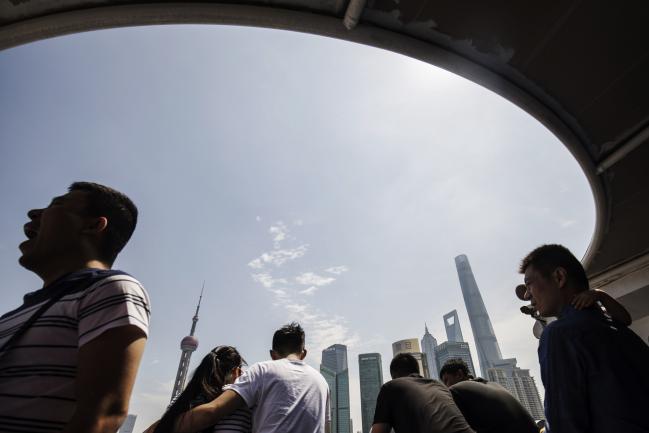(Bloomberg) -- China formalized the easing of foreign investment restrictions on a range of industries from banking to agriculture, against the backdrop of an escalating trade dispute with the U.S.
China’s National Development and Reform Commission on Thursday published an updated version of its so-called negative list, which outlines industries where foreign investment is limited or banned. Among the changes, many of which have been previously announced, caps on foreign ownership of banks will be removed, ownership limits on brokerages and insurance companies will be lifted in 2021, and in 2022 for passenger car manufacturing.
The U.S. government has repeatedly criticized the lack of openness in China’s economy, and relations between the two nations are deteriorating, with both threatening to increase tariffs from early July and impose other restrictions. On Thursday, China issued a stout defense of its trade and business practices, responding to the persistent accusations from the White House that it steals American technology and shuts foreigners out of its economy.
"China has been a strong advocate for free trade," according to a white paper entitled ‘China and the World Trade Organization,’ issued by the State Council Information Office. "China has comprehensively fulfilled its commitment to the WTO, substantially opened its market to the world, and delivered mutually beneficial and win-win outcomes on a wider scale."
China is looking to increase foreign access to its market, both with these investment changes and also by cutting tariffs for various goods. The statement said that the number of sectors restricted for foreign investors is being reduced to 48 from 63 in 2017, and is effective from July 28.
